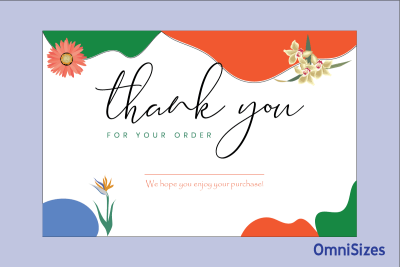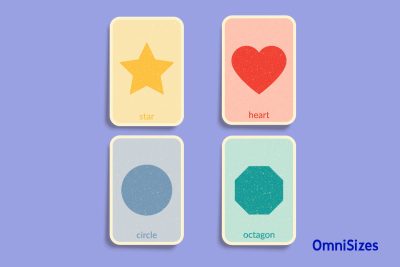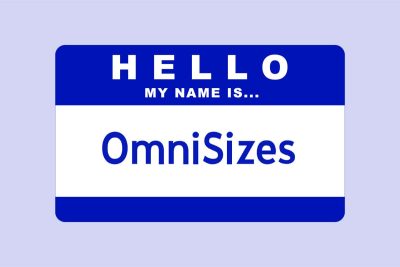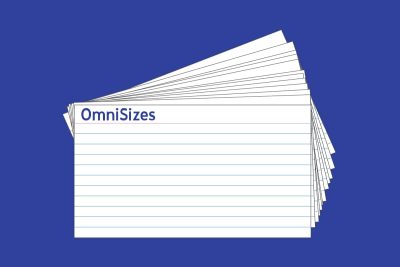The typical bookmark measures around 2 × 6 inches or 5 × 15 centimeters. However, sizes can vary, with some being as petite as 1.07 × 2.5 inches or larger dimensions tailored for extensive volumes and textbooks.
The standard size for thank you cards is A2, measuring 4.25 × 5.5 inches (10.8 × 14 cm). Alternative sizes include A6 (4.5 × 6.25 inches or 11.4 × 15.9 cm) and A7 (5 × 7 inches or 12.7 × 17.8 cm), with options extending to unique shapes like square and panoramic cards.
The standard magazine size is typically 8.5 × 11 inches (21.5 × 28 cm), akin to a letter-sized paper. Magazines also appear in formats such as digest, tabloid, pocket, A4, and square. The selected size has implications for the magazine’s design, readability, printing expenses, and distribution approach.
Typically, the dimensions of tickets vary depending on their purpose. For instance, a standard event ticket might measure around 2 × 5.5 inches (5.08 × 13.97 centimeters), while an airline boarding pass could be 3.25 × 8 inches (8.26 × 20.32 centimeters). These dimensions can differ based on region, type of event, or mode of transport.
Typical flashcard sizes range from the widely used 3 × 5 inches (7.6 cm × 12.7 cm) to the larger 4 × 6 inches (10.2 cm × 15.2 cm) and 5 × 8 inches (12.7 cm × 20.3 cm) dimensions. These variants cater to different needs and preferences.
The standard tissue box size is typically 4.5 × 4.5 × 5.25 inches (11.4 × 11.4 × 13.3 cm). However, they also come in other dimensions like rectangular sizes or travel-friendly editions for on-the-go use.
The standard size for name tags is usually 1 × 3 inches. However, there are other common sizes, including 1.5 × 3.5 and 2 x 4 inches. Depending on the event and the amount of information displayed, the sizes can vary to fit the need.
Standard index card sizes typically come in three dimensions: 3 x 5 inches, 4 x 6 inches, and 5 × 8 inches. The size you choose can affect how much information you can jot down and how portable the card remains. Different sizes cater to varied needs, from quick notes to detailed data.







